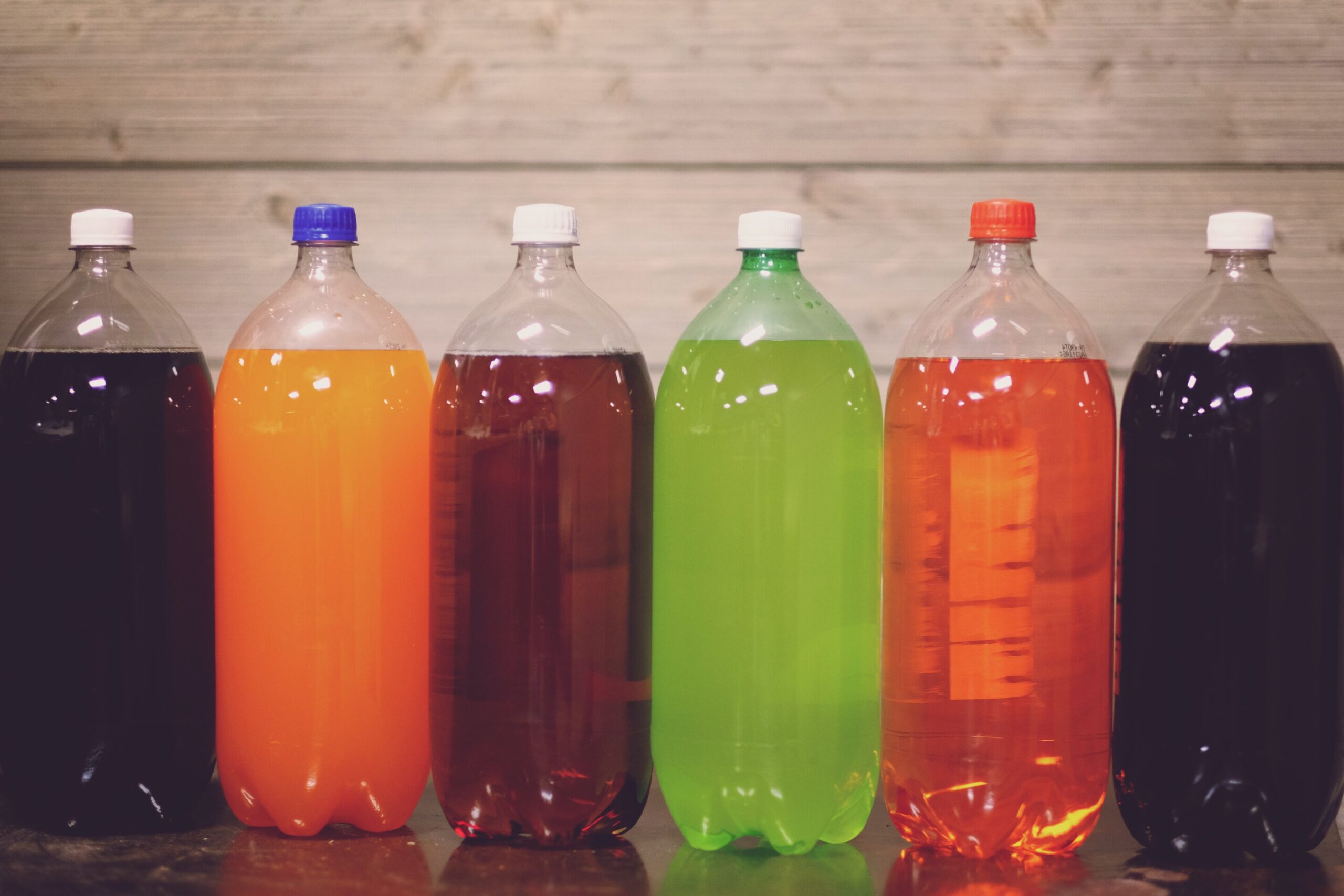Health
Sugar-sweetened beverage intake is increasing among children and teens worldwide: research

Credit: Unsplash/CC0 public domain
A new global analysis of the dietary habits of children and adolescents from 185 countries shows that young people consumed an average of almost 23% more sugar-sweetened drinks in 2018 than in 1990. Overall, intake was similar among boys and girls, but higher among teenagers, city dwellers and children of parents with a lower education level. Researchers from the Friedman School of Nutrition Science and Policy at Tufts University published this the findings in The BMJ.
The research drew on the Global Dietary Database, a large, comprehensive compilation of what people around the world eat and drink, to generate the first global estimates and trends of sugary drink intake among young people. These were defined as soft drinks, juice drinks, energy drinks, sports drinks and self-sweetened fruit drinks such as aguas frescas with added sugars and containing more than 50 kcal per 1-cup serving. By incorporating data from more than 1,200 studies from 1990 through 2018 into a large model, the research team found that young people (defined as ages 3 to 19) drank more and drank almost twice as much as adults.
The research team’s definition of sugary drinks excluded 100% fruit juices, non-caloric artificially sweetened drinks and sweetened milk.
Sugar-sweetened beverage intake among youth varied dramatically by region of the world, with an average of 3.6 servings per week globally and ranging from 1.3 servings per week in South Asia to 9.1 in Latin America and the Caribbean. The researchers found that children and teens in 56 countries, representing 238 million young people or 10% of the global youth population, consumed an average of 7 or more servings per week.
“Sugary drinks increase weight gain and the risk of obesity, so even though children don’t often develop diabetes or cardiovascular disease early in life, there can be significant consequences later in life,” said first author Laura Lara-Castor, a recent graduate . from the Friedman School and now a postdoctoral fellow at the University of Washington. “This study highlights the need for targeted education and policy interventions to change behavior early and prevent the adverse consequences associated with sugary drink intake in childhood.”
Among the most populous countries in the world were Mexico (10.1 servings per week), followed by Uganda (6.9), Pakistan (6.4), South Africa (6.2) and the United States with the highest intake of sugary drinks by young people in 2018. 6.2). Looking at trends from 1990 to 2018, the region with the largest growth in consumption among young people was Sub-Saharan Africa, where average weekly portions grew by 106% to 2.17 portions per week, an acceleration that requires attention , say the researchers.
In recent years, many governments around the world have introduced measures, such as soft drink taxes and restrictions on the sale of sugary drinks in schools, to promote healthy eating habits. These efforts are new and also face strong opposing forces, such as aggressive industrial marketing and the globalization of the food sector.
“Our findings should ring alarm bells in almost every country in the world,” said senior author Dariush Mozaffarian, Jean Mayer Professor of Nutrition and director of the Food is Medicine Institute at the Friedman School. “The intakes and trends we are seeing pose a significant threat to public health, one we can and must address for the future of a healthier population.”
More information:
Sugar-sweetened beverage intake among children and adolescents in 185 countries between 1990 and 2018: population survey, The BMJ (2024). DOI: 10.1136/bmj-2024-079234
Quote: Sugar-sweetened beverage intake is increasing among children and teens worldwide: Study (2024, August 7) retrieved August 8, 2024 from https://medicalxpress.com/news/2024-08-sugar-sweetened-beverage-intake -globally.html
This document is copyrighted. Except for fair dealing purposes for the purpose of private study or research, no part may be reproduced without written permission. The content is provided for informational purposes only.













